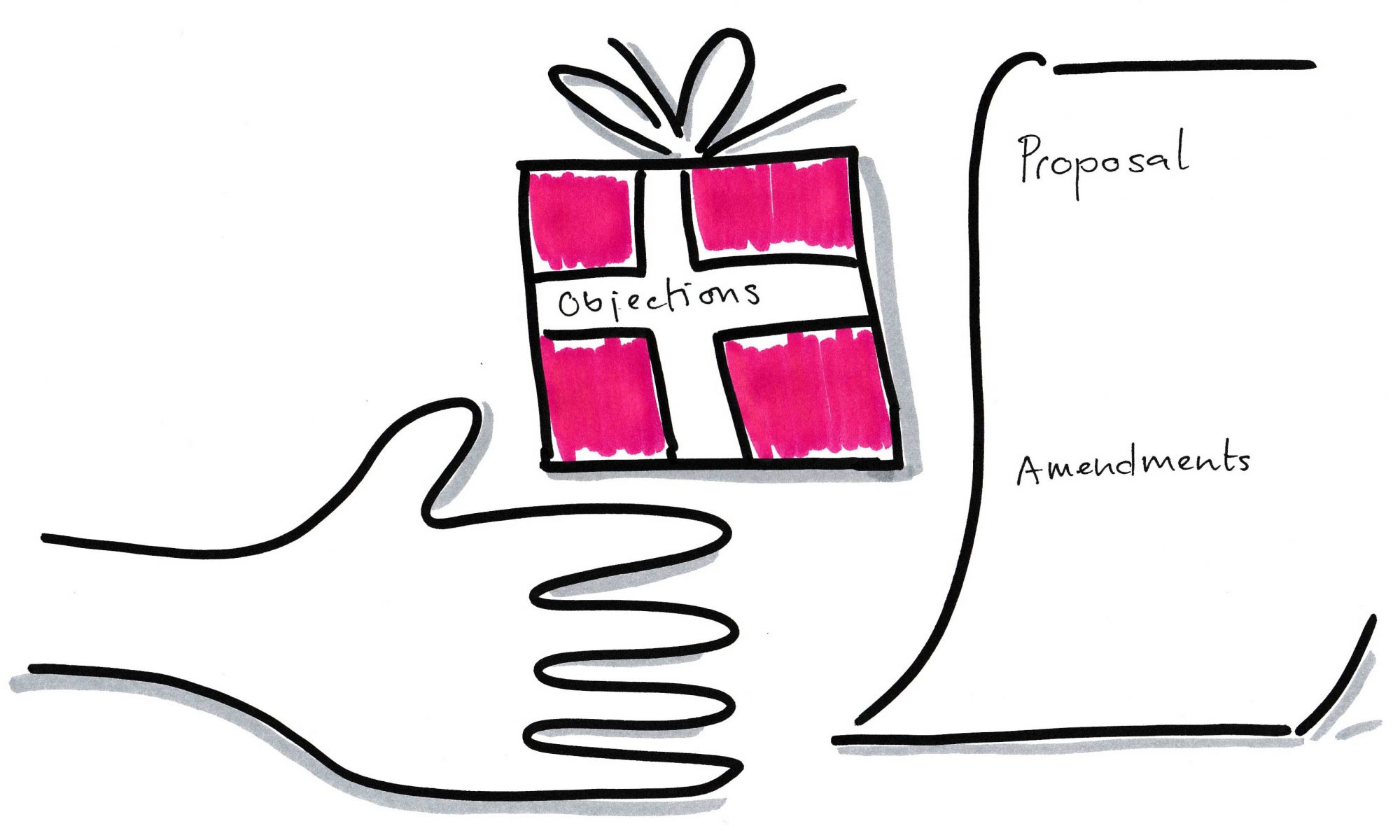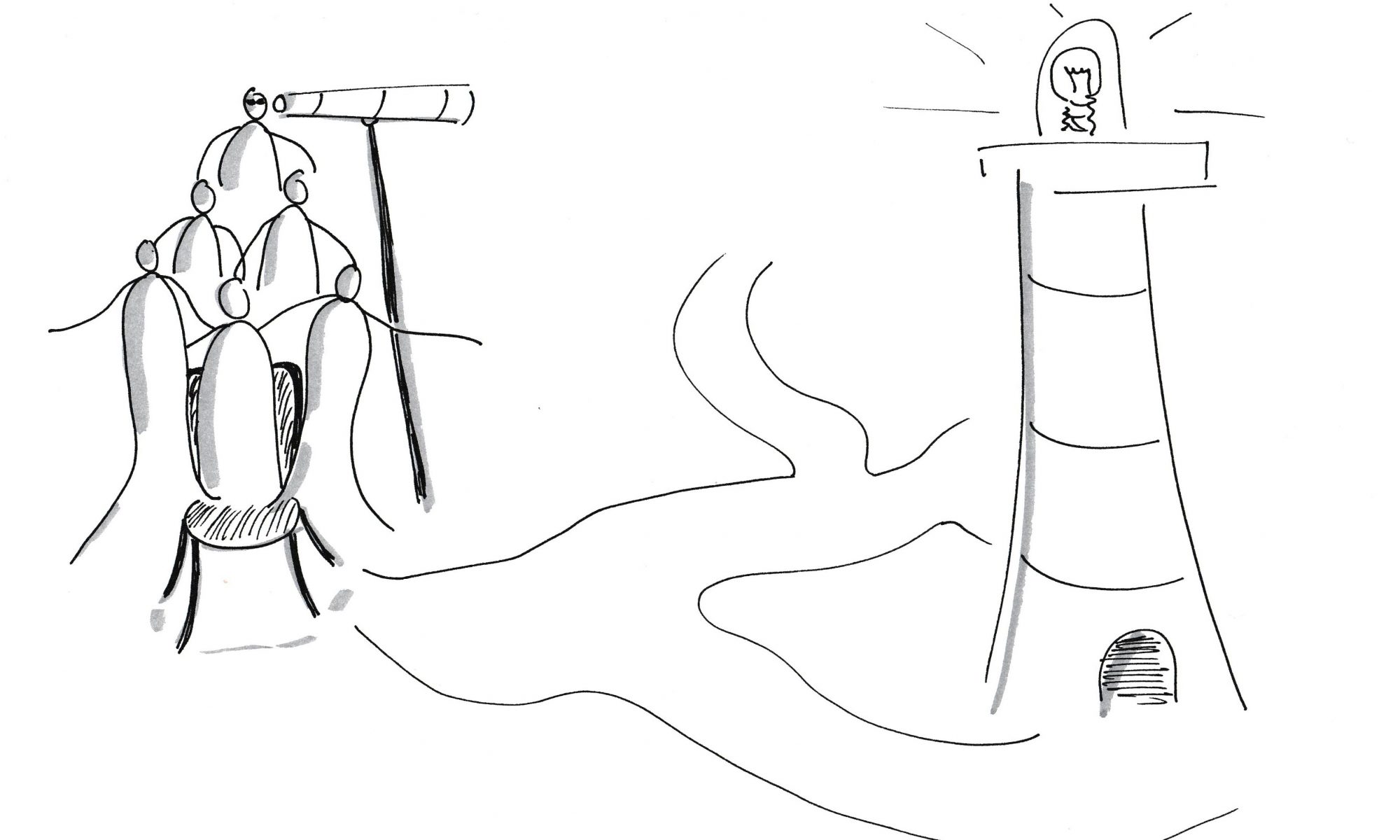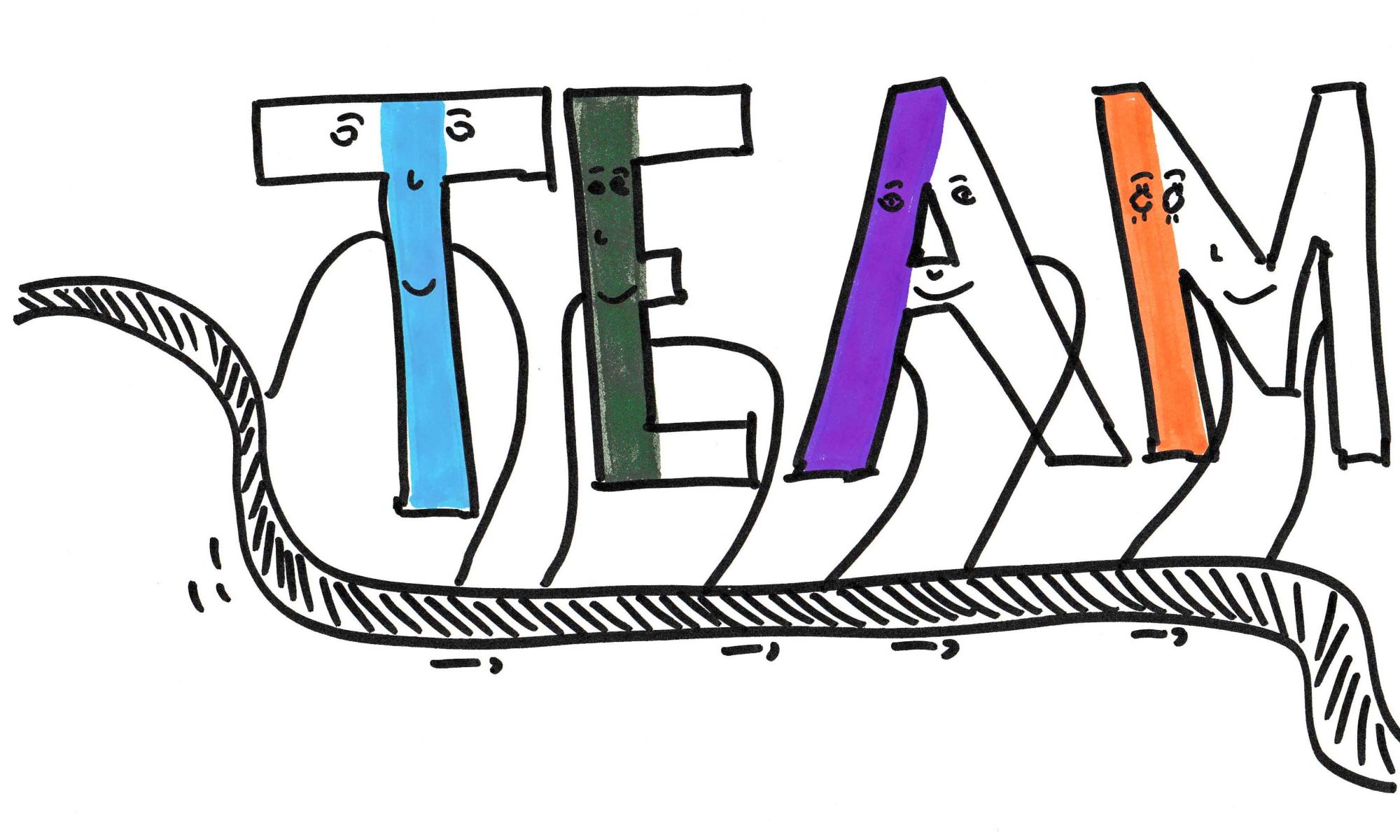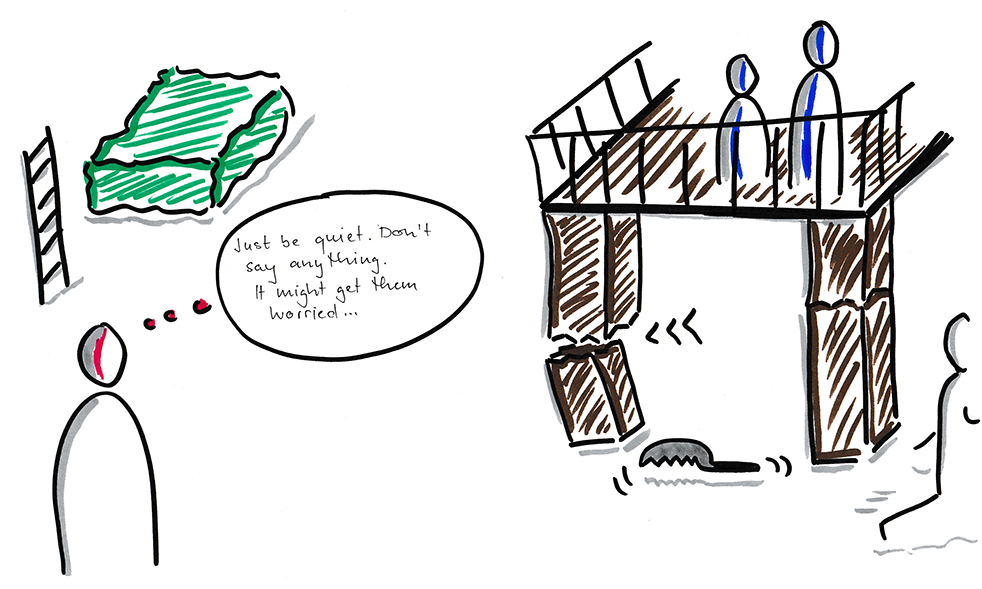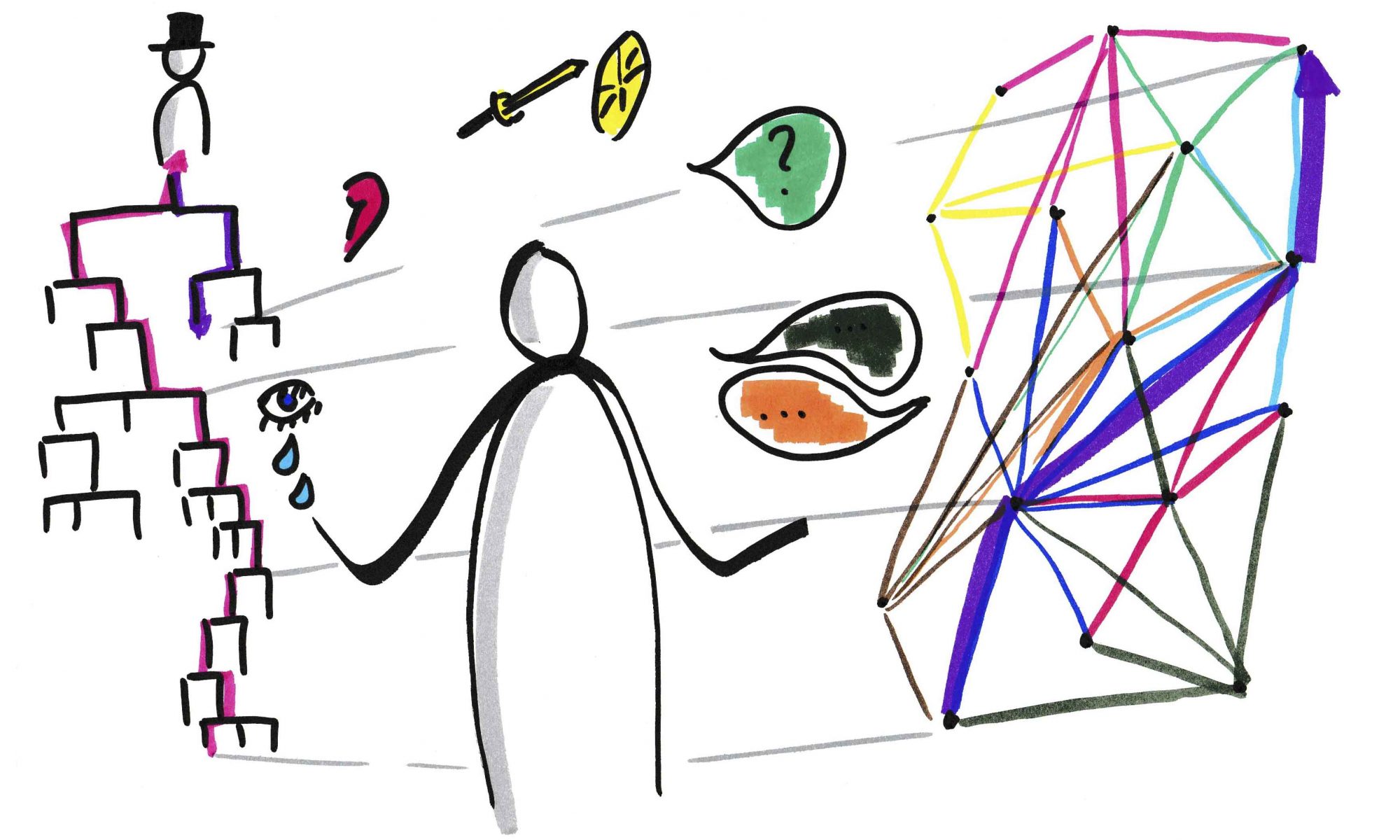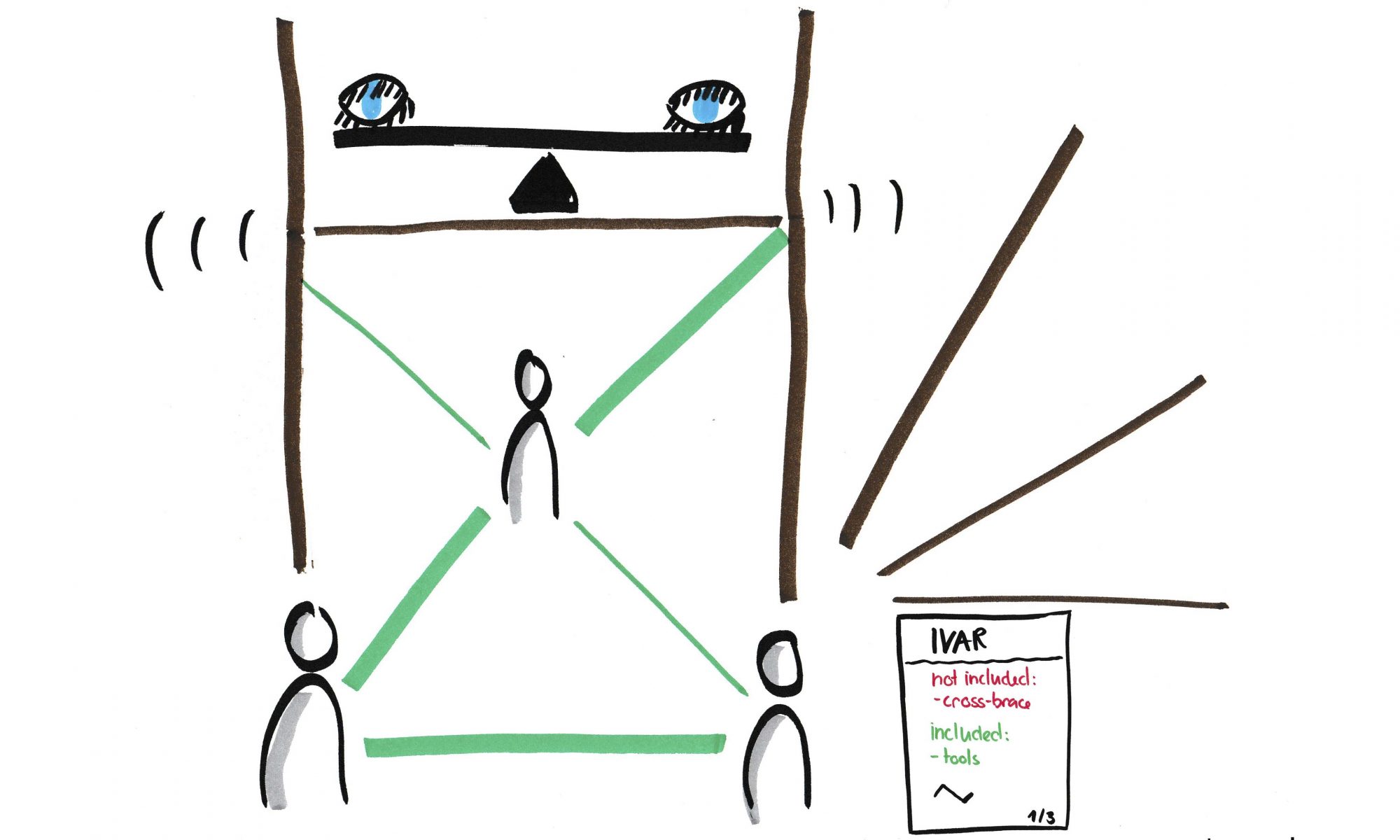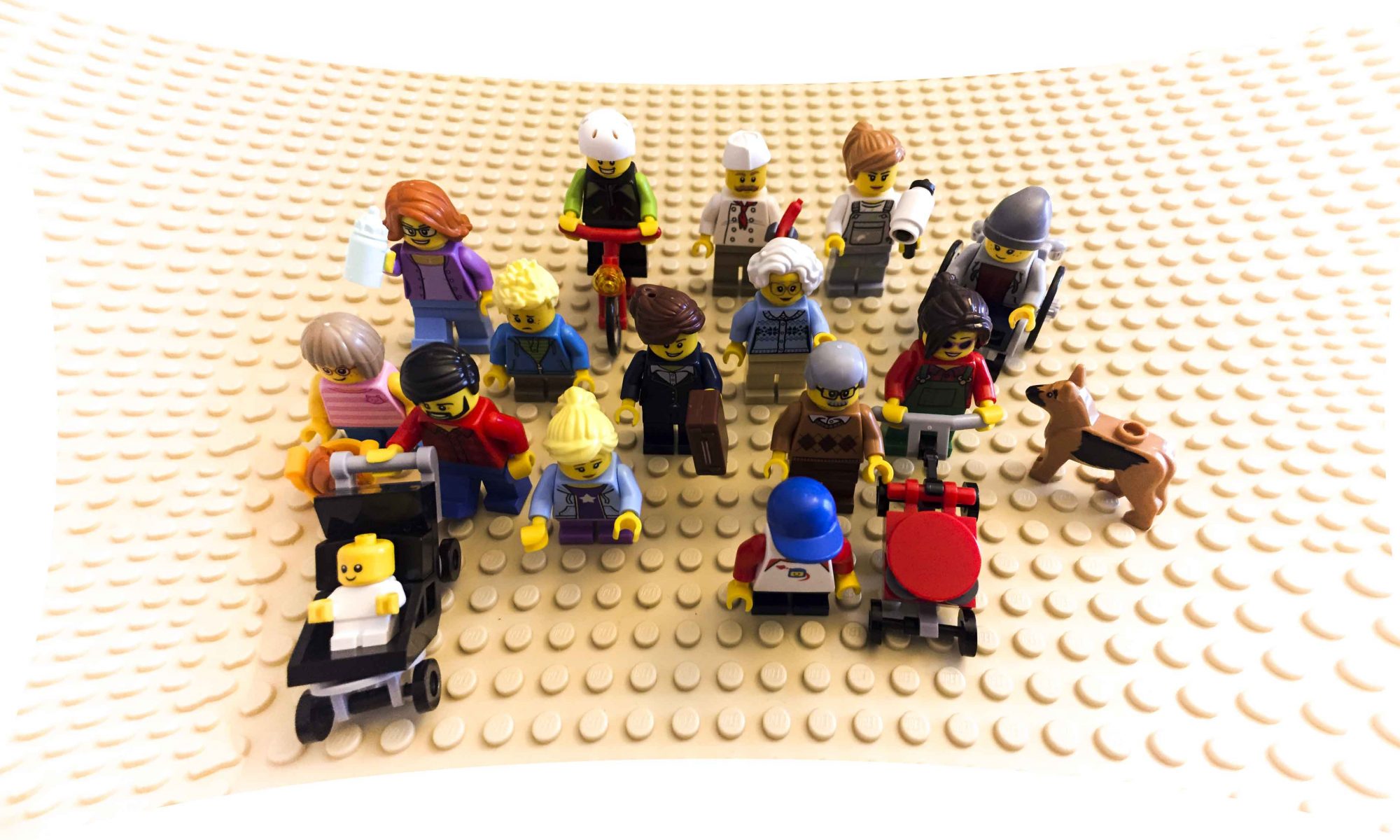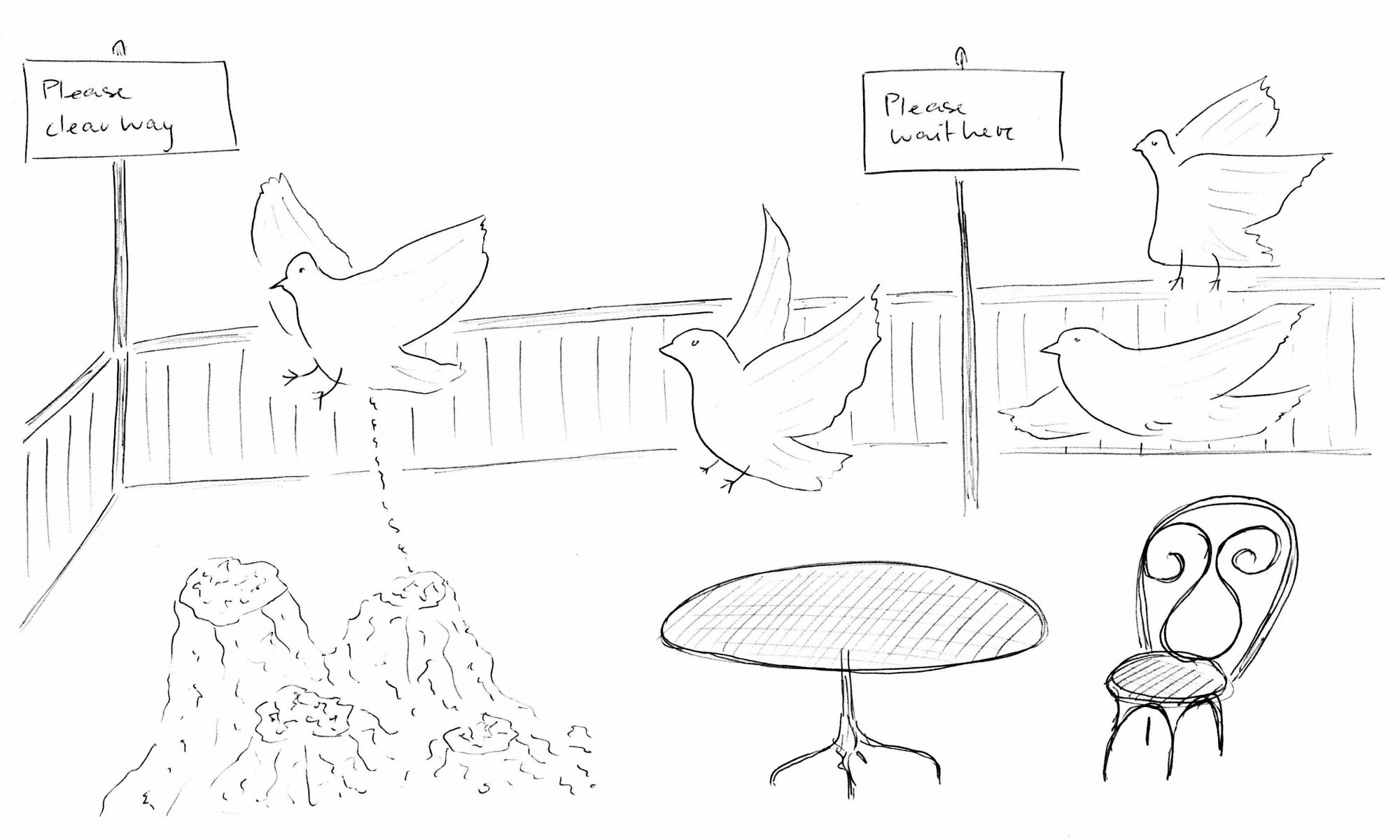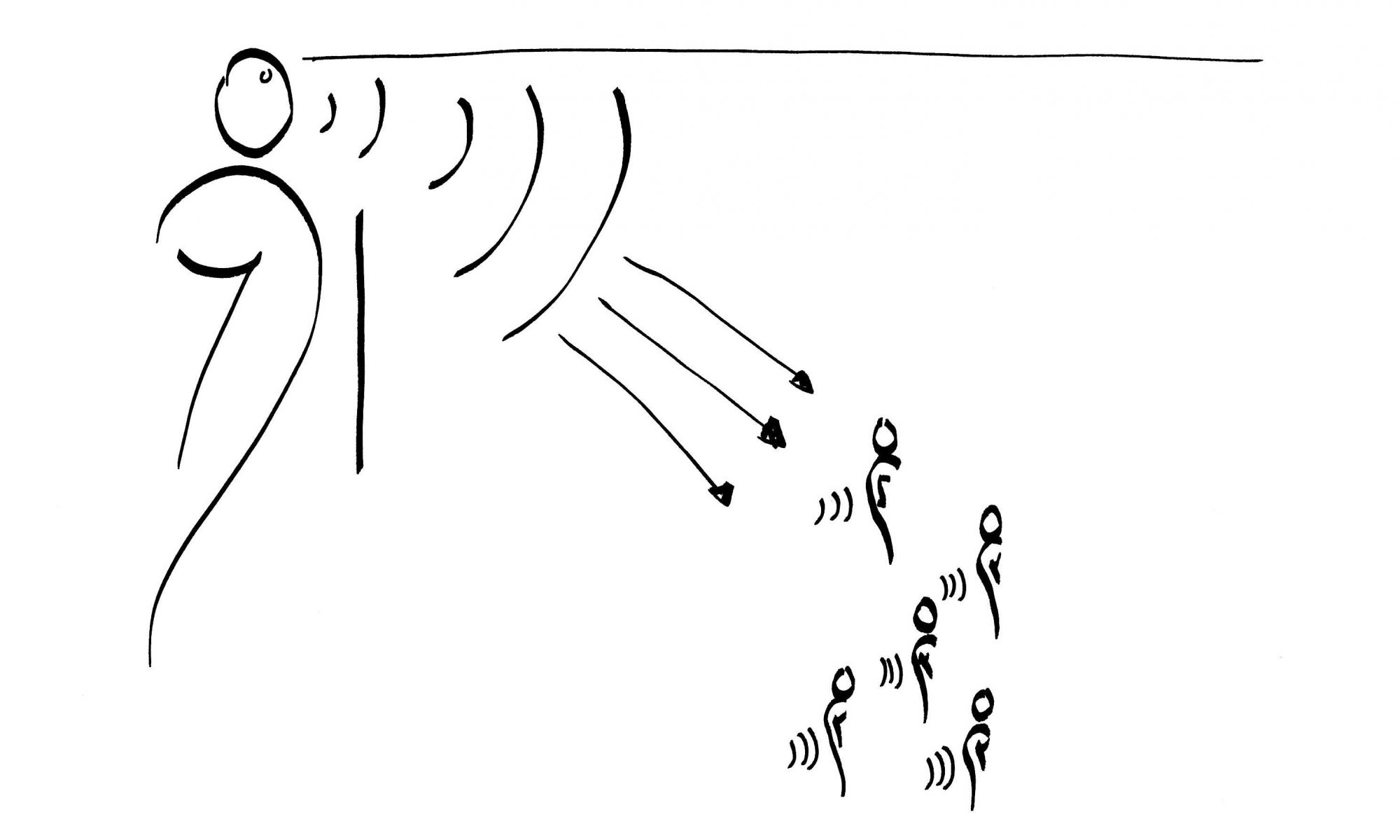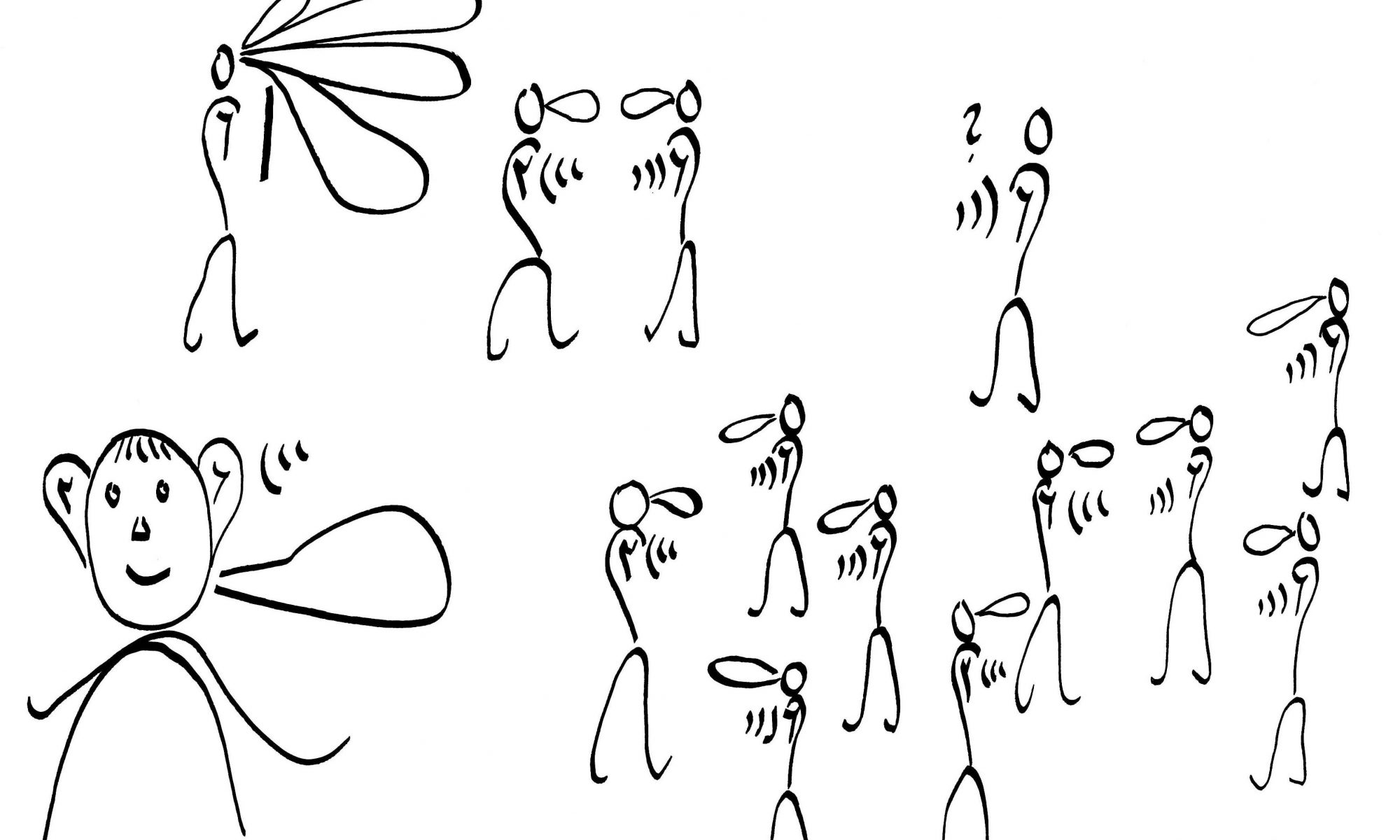In a course on Sociocracy 3.0 (S3) I learnt about the consent decision making. It seems to me that this is a very mighty pattern that could totally change the way we make decisions and even how we come to an understanding. It’s not about democracy and perhaps even more astonishingly it’s not about accurate argumentation, either.
„How S3 could influence the way we discuss“ weiterlesen
Learn to un-learn
This week I spent a few days at a course on sociocracy 3.0. It was very inspiring and I had a lot of learnings regarding collaboration and communication. I’ll write about this later. Today I want to set a perspective on a very special learning I had on the side of the course: Un-learning works better with an outside perspective.
„Learn to un-learn“ weiterlesen
There is no „I“ in Team – Or are there?
A couple of weeks ago a had a discussion with some students about how to communicate respectfully with customers and how to address oneself in certain situations: One or I or we? Language can be a means to construct relationships and culture – with customers and within a team.
„There is no „I“ in Team – Or are there?“ weiterlesen
Talking about bad news
How good are you in telling people bad news? The better you can talk about problems the better the solutions will be. Agile values value bad news and help you talking about them.
„Talking about bad news“ weiterlesen
Agile Communication and Soft Skills
It is a known fact that personal communication is a key to success in agile environments: You need to communicate to collaborate and self-organize as a team. That means: You need to have certain soft skills, especially social und and communicative competencies.
„Agile Communication and Soft Skills“ weiterlesen
The Triangle of Stability
Sociocracy 3.0 provides structures of stability. It is based on patterns that structure communicative interactions to collaborate as equivalents. The triangle can symbolize this: Ever forgotten to buy a cross-brace at IKEA and watching your shelf collapse? The triangle is what gives a square shelf stability…
„The Triangle of Stability“ weiterlesen
Cross-Functional Teams and Diversity
Reading about agile, self-organizing teams I often think that diversity isn’t understood to its full potential. The Scrum Guide states that teams have to be cross-functional in order to „have all competencies needed to accomplish the work“ (Schwaber & Sutherland, 2016, p. 5). Most of the time „the work“ is addressed to be software development and testing. Diverse teams can do a lot more than that, as Management 3.0 suggests. But what is diversity?
„Cross-Functional Teams and Diversity“ weiterlesen
Solving problems through language – the ends of communication
[mit deutscher Zusammenfassung] Many problems in the world are misunderstandings. Many things can be solved through communication. Often, simply by talking about a problem you come to a solution. I am used to address many problems with communication. But this goes only so far. I will present some tips to improve difficult communication situations below anyway.
„Solving problems through language – the ends of communication“ weiterlesen
Agile communication vs Small Talk tactics
[mit deutscher Zusammenfassung] Last week I wrote about Small Talk and about being open to mean it, when you ask someone how they are. This aspect isn’t restricted to small talk. It’s about what agile communication is: Openness and honesty, interaction and authenticity. How can you be all that if your interactions are reduced to superficiality?
„Agile communication vs Small Talk tactics“ weiterlesen
Sprichst du noch oder hörst du schon zu?
[with english summary] Ich hatte letzthin einen schiefen Tag, der schon mitten in der Nacht sehr schräg begann. Irgendwann nachmittags haben sich meine Wege mit jenen eines Kollegen gekreuzt. Er fragte, wie es mir gehe und ich habe geantwortet: „Naja, ist nicht gerade so rosig heute.“ Er hat mich völlig verblüfft angeschaut und erwidert, Small Talk-Fragen seien nie ernst gemeint, da sage man immer, dass es einem gut gehe.
„Sprichst du noch oder hörst du schon zu?“ weiterlesen
